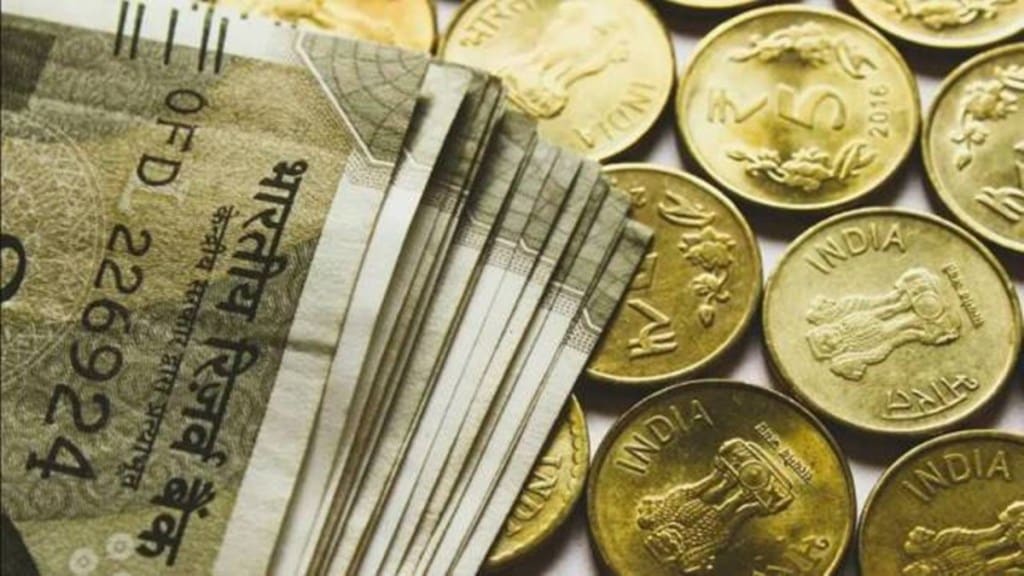National Payments Corporation of India (NPCI) is currently working on deepening cross-border transactions, said managing director & CEO Dilip Asbe.
“I think cross-border transactions are a priority for us and banks,” he said at the Financial Express Modern BFSI Summit on Friday. “It is a long journey. There is an opportunity. It depends on how quickly we are able the reach out to the governments and central banks of other countries to get the MoU. Then NPCI and banks can play an execution role.”
Also read: RBI imposes Rs 20 lakh penalty on Manappuram Finance
NPCI is also working with the Reserve Bank of India (RBI) and the National Highways Authority of India (NHAI) to minimise costs at toll plazas.
NPCI is investing heavily in enhancing the RuPay brand image, which has increased its adoption among customers. “We are making heavy investments on uplifting the RuPay brand image. In 4-5 years, we have seen consistent progress in the RuPay brand. We are a brand sponsor in IPL. We are also looking at a variety of discounts and cashbacks in collaboration with banks to offer to RuPay customers,” Asbe said.
“Our aspiration is to become the number one credit card brand on spends. We are a close number two now.” Currently, credit card spends through RuPay comprises a third of overall spends. NPCI intends to increase it to 50% of overall spends.
Asbe believes that the government must invest at least Rs 500 crore over the next 5-10 years to improve consumer awareness and mitigate banking fraud. Nevertheless, he expects fraud cases to decline in the long run. UPI transaction volumes rose 58% YoY to 9.4 billion in May. In terms of value, it rose 43% YoY toRs 14.9 trillion.
Also read: Business models for urban sustainability
While consumers are unlikely to be charged for UPI transactions going ahead, Asbe noted that merchants may be willing to shell out a fee if they are receiving an additional service, like credit or banking, as a service. “Somewhere, the cost will be borne by somebody. Even if the merchant incurs a cost, he will pass it on to the consumer,” he said.
“I think there could be a strategy to incentivise the UPI ecosystem by creating additional layers within it, whether it is credit or banking as a service. There, the merchants do not mind paying charges because they are getting a specific service over and above the payments.”

